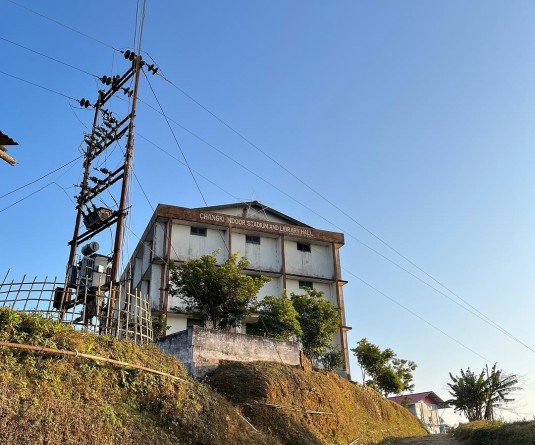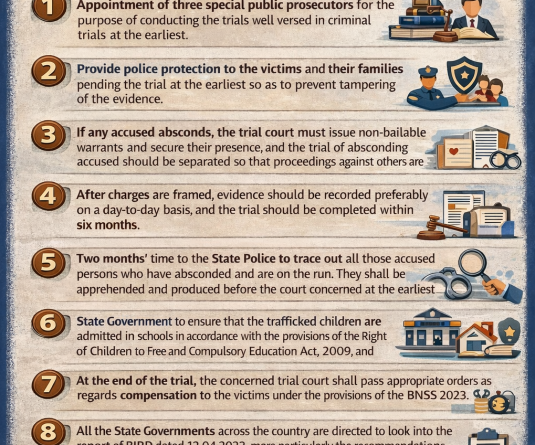
Morung Express News
Dimapur | December 9
The second session of second annual regional symposium on Naga culture organized by North East Christian University (NECU) on the theme ‘Cultural heritage of the Nagas: Indigenous tribes of the North East’ dwelled on “Confluence of tribe, religion and language.”
The three discussants in the second session included Rev. Dr. Yangkahao Vashum, professor of Systematic Theology, Eastern Theological College, Jorhat; Rev. K Moses, former chairman, Maring Naga Literature Study and Dr. T Temsunungsang Jamir, assistant professor, EFLU Shillong.
Rev. Dr. Vashum in his presentation on ‘Tribal theology, tribal culture and tribal Christians’, said Theology as a human discipline attempts to articulate Christian faith in the light of people’s experience in a given socio-cultural and political context.
“Theology by nature is contextual. Tribal theology is a contextual theology. As a contextual theology, it seeks to reflect on the faith experiences of the tribal people on the one hand, and to re-appropriate the liberative and life affirming cultural values for the theological reflection on the other,” he said.
Vashum claimed that tribal theology regards the Bible as the primary source of its theology and that tribal theology also takes tribal cultural resources and tribal people’s experiences as important sources.
He therefore argued that rediscovery of tribal cultural and religious values as a critical function of tribal theology.
Rev. K Moses, who spoke on ‘Traditional religion of Maring and the formation of its consciousness’, said earlier the Maring people were ‘animists, honouring and worshipping the ancestral spirits or household dieties, Nature and supernatural objects.
Moses said while the Marings believed that there is one God, the “Creator’ who is benevolent, they also believed in the existence of the evil spirits or devils, the malevolent beings.
Further, he said the Marings believed in life after death and that good people would ‘go up above’ and those people who have committed bad deeds would go below a place inside the earth after their death.
Dr. Temsunungsang in her presentation on ‘Naga languages: reviving lost domains’, informed that UNESCO had declared 2019 as the International Year of Indigenous languages with the objective to raise awareness on the critical situation of indigenous languages, to mobilize resources and stakeholders towards preserving, revitalizing and promoting the indigenous languages around the world.
She said also informed that all indigenous languages of Nagaland too have been listed as “vulnerable” in the ‘Atlas of world’s languages’ (Christopher 2010). Temsunungsang highlighted various factors on which language endangerment is measured, with special focus on the shift in domain of language use, in the context of Nagaland.
She argued that the shift in domains has resulted in the loss of semantic domains, and failure to arrest the loss would only contribute to putting the indigenous languages of Nagaland in grave danger.
Earlier, in the first session on the theme “Legacies of the past”, the three discussants Kahuto Chishi, head GB Hevishe Village; Pakinrichapbo, Human Rights Law Network-Nagaland Chapter, and Dr Aküm Longchari, publisher of The Morung Express, spoke on ‘Overcoming the inadequacies of Naga customary laws’, ‘Impacts of the past legacies’ and ‘Pushing boundaries: in search of meaning’, respectively.
Vice chancellor, NECU, Prof. Dr. Darlando Khathing, delivered the inaugural address of the two-day regional symposium.





